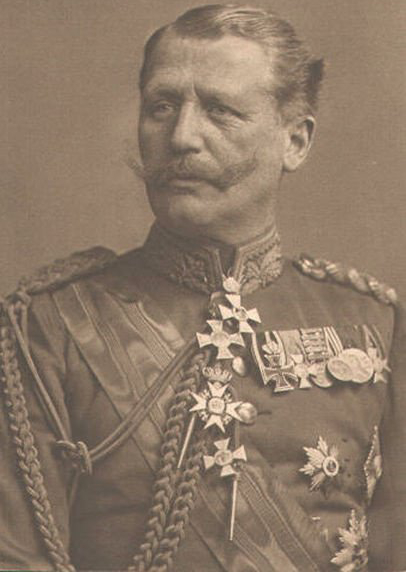How much real political power did the lower nobility of Imperial Germany hold? lower nobility of Imperial Germany (which existed from 1871 to 1918) held a varying degree of political power, largely influenced by their roles at both local and national levels. While they were not as powerful as the higher nobility (such as dukes and princes), they still had significant influence due to their social status, landownership, and connections. Here are some key points regarding their political power:
Local Influence:
Many members of the lower nobility held local offices and had significant influence in rural areas. They often served as local administrators, judges, and in other governmental positions.
They controlled large estates and had economic power, which translated into local political clout. Their wealth and status allowed them to exert considerable influence over local communities and economies.
Military Roles:
The lower nobility had a strong presence in the military, holding officer positions in the Imperial German Army. The military was a highly respected institution in Imperial Germany, and service as officers reinforced their social status and political influence.
Political Representation:
The lower nobility were represented in various political bodies. For example, they could be members of the Reichstag (the parliament of the German Empire) or the Bundesrat (the federal council representing the German states). However, their representation in these bodies varied depending on the state and the electoral system in place.
In Prussia, the dominant state within the German Empire, the lower nobility were often represented in the Prussian House of Lords (Herrenhaus) and had influence over legislation, especially regarding agricultural and rural matters.
Social and Cultural Influence:
The lower nobility were part of the traditional elite and had significant social and cultural influence. Their participation in various social networks and organizations helped them maintain a degree of political power.
They played a key role in the conservative and monarchist movements, supporting the existing social and political order and resisting liberal and socialist changes.
Limitations:
Despite their influence, the lower nobility’s political power was limited compared to the higher nobility and the emerging bourgeoisie. Industrialization and urbanization shifted economic and political power towards the middle class, reducing the relative influence of the lower nobility.
The German Empire was a constitutional monarchy with a strong central government led by the Kaiser and the Chancellor, which also limited the political power of the lower nobility. Decisions of national importance were often made by the higher echelons of government and the ruling elite.
Overall, while the lower nobility of Imperial Germany held significant local power and had a presence in military and political institutions, their influence was more limited on the national stage compared to the higher nobility and the rising bourgeoisie.


